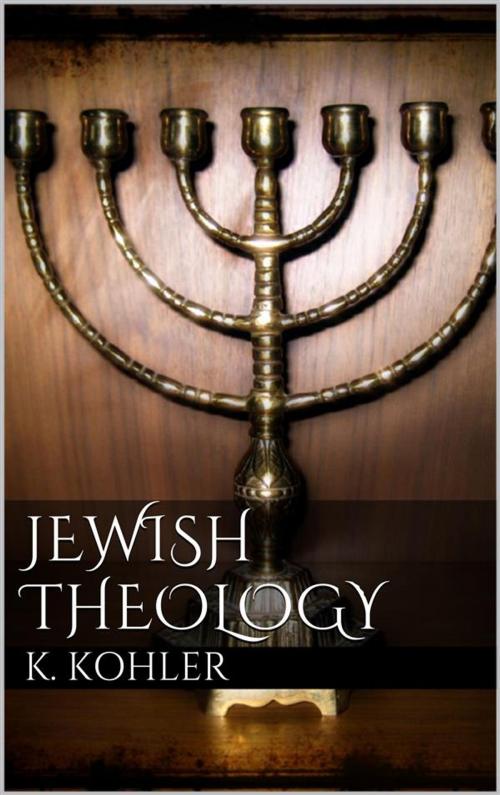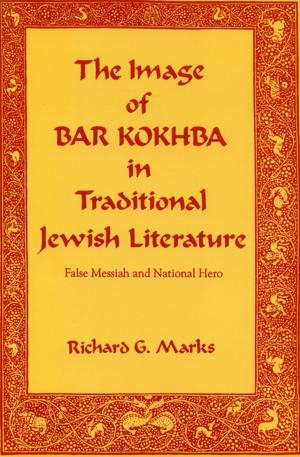| Author: | Kaufmann Kohler | ISBN: | 9786050409024 |
| Publisher: | Kaufmann Kohler | Publication: | August 27, 2015 |
| Imprint: | Language: | English |
| Author: | Kaufmann Kohler |
| ISBN: | 9786050409024 |
| Publisher: | Kaufmann Kohler |
| Publication: | August 27, 2015 |
| Imprint: | |
| Language: | English |
In offering herewith to the English-reading public the present work on Jewish Theology, the result of many years of research and of years of activity as President and teacher at the Hebrew Union College of Cincinnati, I bespeak for it that fairness of judgment to which every pioneer work is entitled. It may seem rather strange that no such work has hitherto been written by any of the leading Jewish scholars of either the conservative or the progressive school. This can only be accounted for by the fact that up to modern times the Rabbinical and philosophical literature of the Middle Ages sufficed for the needs of the student, and a systematic exposition of the Jewish faith seemed to be unnecessary. Besides, a real demand for the specific study of Jewish theology was scarcely felt, inasmuch as Judaism never assigned to a creed the prominent position which it holds in the Christian Church. This very fact induced Moses Mendelssohn at the beginning of the new era to declare that Judaism “contained only truths dictated by reason and no dogmatic beliefs at all.” Moreover, as he was rather a deist than a theist, he stated boldly that Judaism “is not a revealed religion but a revealed law intended solely for the Jewish people as the vanguard of universal monotheism.”
In offering herewith to the English-reading public the present work on Jewish Theology, the result of many years of research and of years of activity as President and teacher at the Hebrew Union College of Cincinnati, I bespeak for it that fairness of judgment to which every pioneer work is entitled. It may seem rather strange that no such work has hitherto been written by any of the leading Jewish scholars of either the conservative or the progressive school. This can only be accounted for by the fact that up to modern times the Rabbinical and philosophical literature of the Middle Ages sufficed for the needs of the student, and a systematic exposition of the Jewish faith seemed to be unnecessary. Besides, a real demand for the specific study of Jewish theology was scarcely felt, inasmuch as Judaism never assigned to a creed the prominent position which it holds in the Christian Church. This very fact induced Moses Mendelssohn at the beginning of the new era to declare that Judaism “contained only truths dictated by reason and no dogmatic beliefs at all.” Moreover, as he was rather a deist than a theist, he stated boldly that Judaism “is not a revealed religion but a revealed law intended solely for the Jewish people as the vanguard of universal monotheism.”















